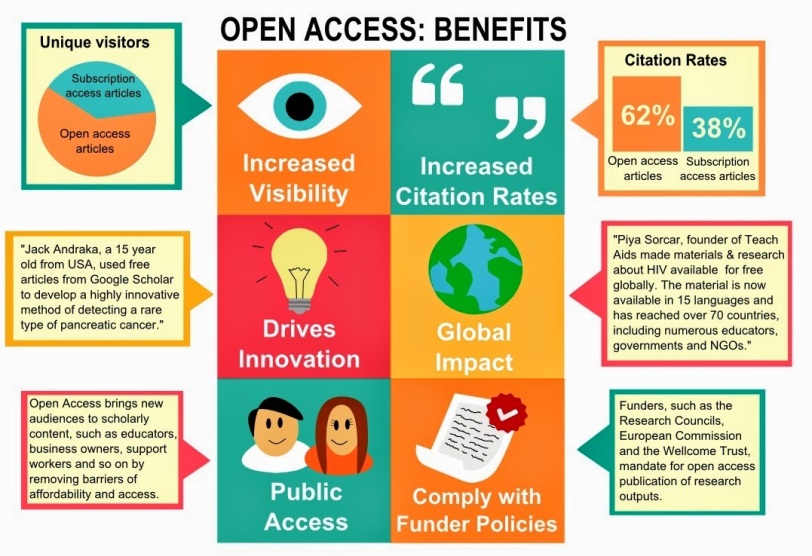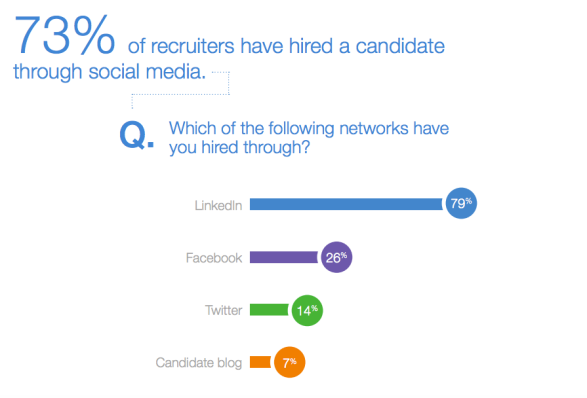
Final Assessment
I have created an infographic below to highlight the key points that this module has taught me.
Before this module I thought of myself as a ‘digital visitor’ but right now, I see myself as more of a ‘digital resident’. I have learnt the importance of building an online professional profile by seeing yourself as a brand.
This module created a sense of community on WordPress by encouraging us to comment on each other’s blogs.
Continue reading →









